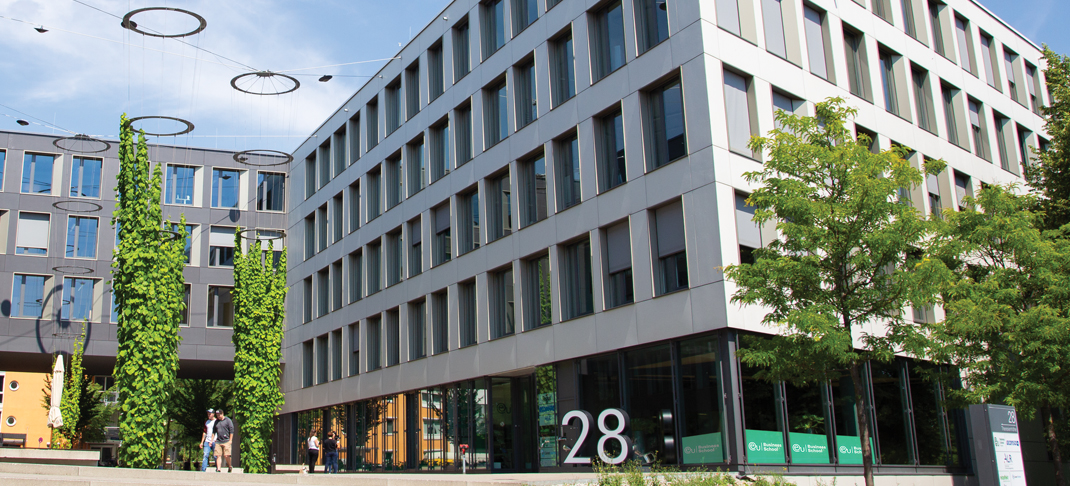

Study In
Spain
Spain is a country that is considered a master in the field of education abroad.
Even though Spanish is the official language, this country offers a variety of courses in English that allow students to learn, eliminating the worry of overcoming language barriers.
Spain offers students a thrilling adventure through its cultural experiences and stunning monuments, making studying there an exciting prospect. Spanish people are often welcoming, offering international students a sense of belonging.
Spain also offers a wide range of study-abroad scholarships for international students.


